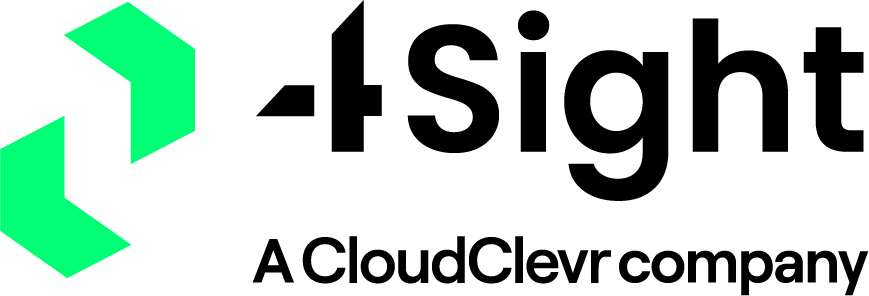Benefits of Unified Communications in Healthcare: Strategies for Optimal Patient Experience

(Photo: A public healthcare worker consulting with a patient)
In today’s fast-paced world, effective communication is the cornerstone of success in any industry, but it holds even greater significance within the healthcare sector.
The need for efficient and secure communication between healthcare professionals, patients, and administrative staff is pivotal. Such communication not only ensures quality care but also streamlines workflows and amplifies overall patient outcomes. The emergence of unified communications technology in healthcare stands as a game-changer, utterly transforming how we communicate in medical settings. Through this post, we delve into the critical importance of unified communications in healthcare and its instrumental role in enhancing the quality of healthcare delivery.
Streamlined Collaboration and Care Coordination
The essence of delivering comprehensive care in any healthcare setting is collaboration. Unified communications technology in healthcare integrates diverse channels – voice, video, instant messaging, and email into a consolidated interface. This interface is accessible over a range of devices and locations.
Such seamless integration enables healthcare teams to connect effortlessly, irrespective of their physical location or work shifts. This facilitates real-time information sharing and swift decision-making. In essence, this means healthcare professionals can exchange patient data, view medical images, and formulate treatment strategies, fostering a synchronized and multidisciplinary approach.
Enhanced Patient Engagement and Satisfaction
The contemporary patient anticipates a tailored and convenient healthcare journey. The benefits of unified communications in healthcare manifest here, providing secure and efficient links between patients and their healthcare providers.
Tools like video consultations, encrypted messaging platforms, and patient portals allow patients to interact with their care providers without leaving their homes. This prompt and comfortable access to health professionals translates into heightened patient satisfaction, more commitment to treatment regimes, and subsequently, superior health results.
Improved Operational Efficiency
Operational efficiency in healthcare institutions has a direct correlation with the quality of patient care and fiscal sustainability. By leveraging the benefits of unified communications in healthcare, workflow processes can be optimised, curtailing delays and inaccuracies.
For instance, health professionals can utilise presence indicators to verify the availability of their peers, cutting down needless disturbances and shortening response durations. Integrated calendar systems and scheduling tools further aid in organising appointments efficiently. Such automation of tasks liberates crucial time for healthcare personnel, culminating in heightened productivity and slashed operational expenditures.
Robust, Compliant Communication
Given the delicate nature of patient data, the healthcare domain rightly prioritises security and compliance. Unified communication in healthcare platforms foreground data protection via encryption, sturdy authentication methods, and robust firewalls. These systems, by offering a centralised secure communication platform, diminish the chances of data infractions and unwarranted access.
Moreover, unified communications technology in healthcare can seamlessly integrate with Electronic Health Records (EHR), ensuring a smooth transfer of patient data whilst abiding by regulatory stipulations, like the Health Insurance Portability and Accountability Act (HIPAA).
Telemedicine and Remote Care
The global health crisis underscored the indispensability of telemedicine and delivering care remotely. Unified communications in healthcare is instrumental in buttressing these virtual health services. Through video consultations, remote surveillance, and encrypted messaging, healthcare professionals can provide exemplary care to patients, even if they are located miles apart. This closes the distance between patients and specialists, especially in remote or underserviced locales, thus expanding access to medical care and lowering treatment barriers.
In an era marked by technological interconnectivity, unified communications in healthcare has ascended as an essential tool. It amalgamates different communication channels, streamlines operations, ensures data safety, and bolsters telemedicine initiatives.
As the sector perpetually evolves, the integration of unified communication in healthcare becomes a must for entities striving to offer exceptional care, elevate patient experiences, and foster positive health consequences. Reach out to us today, and discover how 4Sight Communications, part of CloudClevr, can tailor solutions to any commercial or operational challenge in the healthcare landscape.




